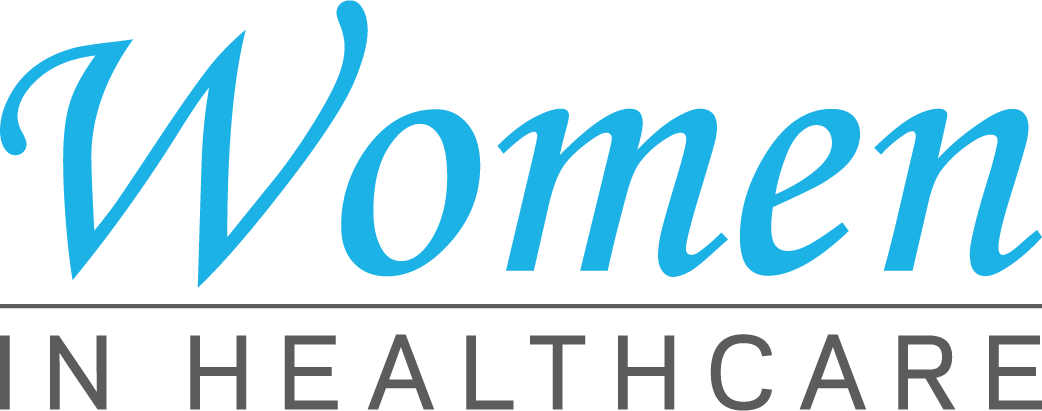Top Healthcare RCM Approaches for Better Financial Performance
Top Healthcare RCM Approaches for Better Financial Performance
Blog Article
Comprehending the Function of Health Care RCM in Enhancing Financial Performance and Client Satisfaction
Navigating the ins and outs of Medical care Revenue Cycle Management (RCM) is necessary for attaining ideal economic efficiency while simultaneously elevating patient complete satisfaction. RCM's capability to enhance invoicing, make sure exact coding, and quicken cases refining stands as a keystone of modern-day health care procedures. Nonetheless, the nuanced interaction in between these aspects warrants a closer examination to totally value their effect on both doctor and people. As we explore the transformative potential of RCM, inquiries regarding its tactical implementation and future innovations beckon, promising insights that might redefine industry standards and individual experiences alike.

Trick Parts of RCM
In the complex landscape of health care, Earnings Cycle Administration (RCM) is pivotal in making certain financial security and functional efficiency. A detailed RCM system encompasses a number of critical elements, each playing a crucial role in the seamless administration of a doctor's monetary procedures. Client registration and qualification confirmation are fundamental actions, guaranteeing that precise person details is captured and insurance policy protection is verified before solutions are rendered. This minimizes the threat of case denials and accelerates the compensation procedure.

Fee capture is one more essential component, entailing the precise recording of services provided to people. It makes certain that all billable solutions are made up, thus optimizing profits capacity. Concurrently, clinical coding translates patient encounters right into standard codes, which are vital for invoicing and regulative conformity.
Cases entry and management follow, entailing the prep work and entry of claims to payers. This process requires careful attention to information to lessen errors and prevent hold-ups. Rejection administration is an aggressive technique to solve and deal with denied cases, safeguarding income streams.
Finally, repayment posting and individual collections complete the cycle, making sure payments are precisely tape-recorded and superior balances are sought. With each other, these components develop a durable framework that supports the operational and financial wellness of health care companies.
Influence On Financial Efficiency
Effective Revenue Cycle Management (RCM) substantially affects a health care company's economic efficiency by optimizing capital and lowering earnings leak. RCM encompasses the extensive payment and collection processes that ensure doctor effectively manage their monetary deals from person enrollment to last payment. By enhancing these procedures, organizations can reduce rejected insurance claims, expedite repayment cycles, and enhance general monetary health and wellness.
Financial efficiency is enhanced through meticulous management of billing treatments, which includes exact coding and timely submission of claims. This decreases the chance of claim rejections and denials, which can considerably hinder revenue flow if not addressed promptly. Moreover, incorporating sophisticated innovation services facilitates real-time monitoring of insurance claims and financial metrics, giving healthcare managers with the devices required to make informed critical choices.

Enhancing Person Contentment
While optimizing financial performance is an essential objective of Profits Cycle Monitoring (RCM), it additionally plays a pivotal duty in boosting person satisfaction. People today need openness, performance, and precision in their medical care communications. RCM systems improve these procedures, offering individuals a seamless experience from visit scheduling to payment. By decreasing administrative burdens, RCM permits medical care companies to focus much more on patient treatment, which directly improves person complete satisfaction.

RCM additionally boosts person contentment via reliable interaction. By keeping a comprehensive data source of patient details, RCM facilitates boosted interaction in between people and doctor, guaranteeing clients really feel educated and valued. This openness and accessibility cultivate a favorable client experience. In general, reliable RCM execution not only boosts economic results however also dramatically adds to a patient-centered health care environment.
Methods for Effective RCM
Attaining effective Profits Cycle Management (RCM) requires medical care organizations to carry out a set of critical practices that make sure financial security and functional effectiveness. One crucial strategy is the adoption of technology-driven solutions, such as integrated software systems that enhance payment procedures, decrease errors, and improve information accuracy. These systems allow real-time tracking of economic metrics, enabling punctual identification and correction of inefficiencies.
One more method is the standardization of procedures throughout the revenue cycle. Healthcare RCM. This involves establishing regular plans for person registration, insurance verification, and declares handling. By ensuring that all personnel follow these requirements, companies can speed up and reduce inconsistencies repayment collections
Personnel training and advancement likewise play a crucial duty in reliable RCM. Trained workers can effectively navigate intricate billing procedures and regulations, enhancing and decreasing rejections cash money circulation. Routine updates on policy changes and best practices aid keep a skilled and knowledgeable labor force.
Future Trends in RCM
As medical care organizations improve their Revenue Cycle Administration (RCM) approaches with technology and standardized procedures, attention is now turning in the direction of the future fads shaping this important area. One substantial pattern is the integration of fabricated knowledge (AI) and artificial intelligence to automate complicated jobs, such as cases processing and predictive analytics. These innovations are anticipated to decrease mistakes, accelerate purchase times, and supply data-driven understandings for better decision-making.
Additionally, the Discover More shift towards value-based treatment remains to affect RCM methods - Healthcare RCM. Medical care providers are expected to progressively concentrate on person results and fulfillment, demanding RCM systems that can fit brand-new repayment versions. This change will certainly need more extensive data collection and evaluation to properly report and gauge on efficiency metrics
Interoperability is an additional emerging top priority, as seamless information exchange between diverse systems ends up being essential. Enhanced interoperability will facilitate even more accurate patient details sharing, lowering management worries and boosting the individual experience.
Conclusion
Healthcare Earnings Cycle Administration (RCM) dramatically influences both financial efficiency and individual contentment by enhancing billing procedures, making sure exact coding, and allowing prompt insurance claims submission. Reliable RCM reduces revenue leak and speeds up capital, minimizing claim rejections and speeding up settlements. This effectiveness promotes depend additional resources on and satisfaction amongst patients. RCM systems additionally help with better communication and versatile settlement choices, developing a patient-centered experience. Future RCM trends will likely concentrate on further incorporating technology to improve these advantages.
Navigating the ins and outs of Medical care Earnings Cycle Administration (RCM) is crucial for accomplishing optimal financial performance while concurrently raising client satisfaction. RCM includes the thorough payment and collection procedures that make sure health care suppliers efficiently manage their financial purchases from person enrollment to final payment. By decreasing management problems, RCM enables healthcare service providers to focus extra on individual treatment, which straight boosts person contentment.
By maintaining a detailed database of individual details, RCM facilitates improved communication in between individuals and health care suppliers, guaranteeing patients really feel informed and valued.Medical Care Income Cycle Management (RCM) dramatically influences both economic efficiency and person contentment by enhancing payment processes, making certain accurate coding, and allowing prompt insurance claims entry.
Report this page